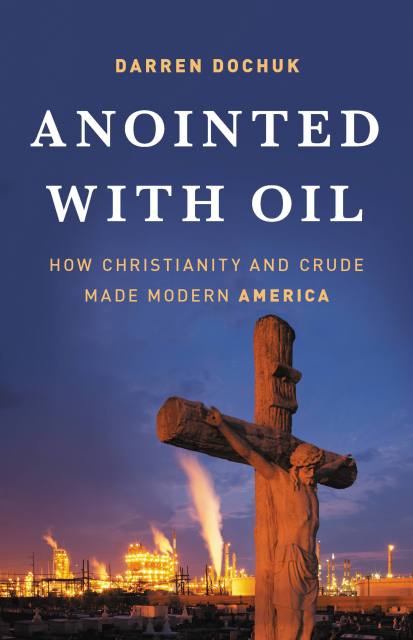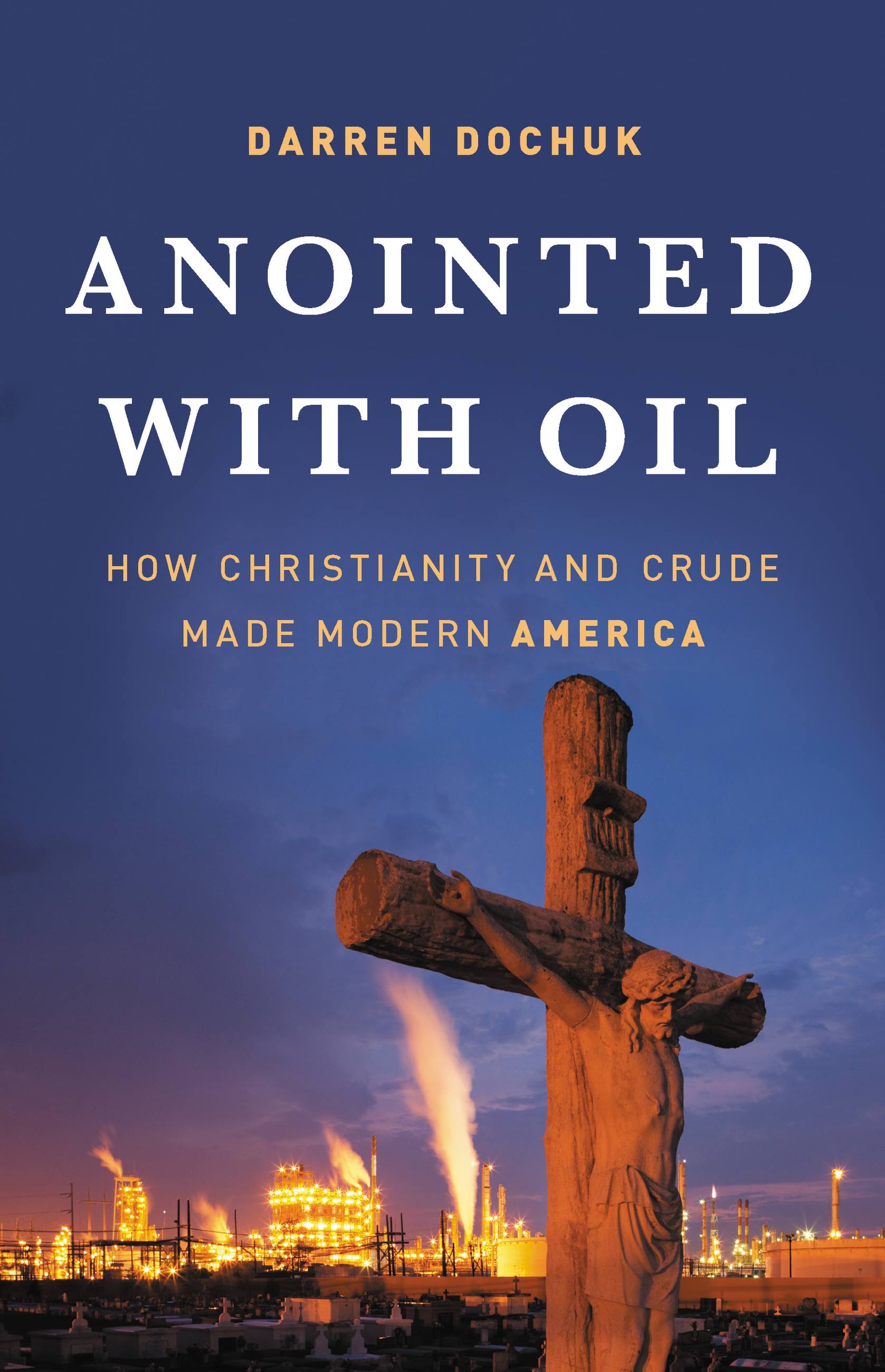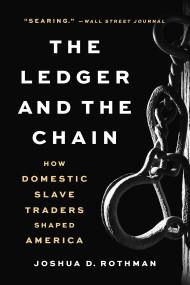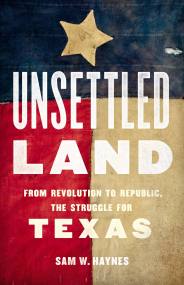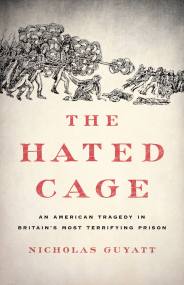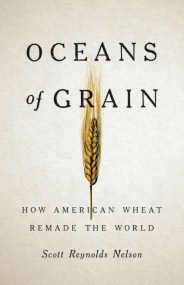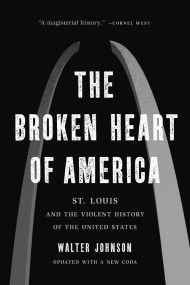By clicking “Accept,” you agree to the use of cookies and similar technologies on your device as set forth in our Cookie Policy and our Privacy Policy. Please note that certain cookies are essential for this website to function properly and do not require user consent to be deployed.
Anointed with Oil
How Christianity and Crude Made Modern America
Contributors
Formats and Prices
- On Sale
- Jun 4, 2019
- Page Count
- 688 pages
- Publisher
- Basic Books
- ISBN-13
- 9781541673946
Price
$19.99Price
$25.99 CADFormat
Format:
- ebook $19.99 $25.99 CAD
- Hardcover $35.00 $45.50 CAD
This item is a preorder. Your payment method will be charged immediately, and the product is expected to ship on or around June 4, 2019. This date is subject to change due to shipping delays beyond our control.
Buy from Other Retailers:
A groundbreaking new history of the United States, showing how Christian faith and the pursuit of petroleum fueled America’s rise to global power and shaped today’s political clashes
Anointed with Oil places religion and oil at the center of American history. As prize-winning historian Darren Dochuk reveals, from the earliest discovery of oil in America during the Civil War, citizens saw oil as the nation’s special blessing and its peculiar burden, the source of its prophetic mission in the world. Over the century that followed and down to the present day, the oil industry’s leaders and its ordinary workers together fundamentally transformed American religion, business, and politics — boosting America’s ascent as the preeminent global power, giving shape to modern evangelical Christianity, fueling the rise of the Republican Right, and setting the terms for today’s political and environmental debates.
Ranging from the Civil War to the present, from West Texas to Saudi Arabia to the Alberta Tar Sands, and from oil-patch boomtowns to the White House, this is a sweeping, magisterial book that transforms how we understand our nation’s history.
Ranging from the Civil War to the present, from West Texas to Saudi Arabia to the Alberta Tar Sands, and from oil-patch boomtowns to the White House, this is a sweeping, magisterial book that transforms how we understand our nation’s history.
Newsletter Signup
By clicking ‘Sign Up,’ I acknowledge that I have read and agree to Hachette Book Group’s Privacy Policy and Terms of Use
